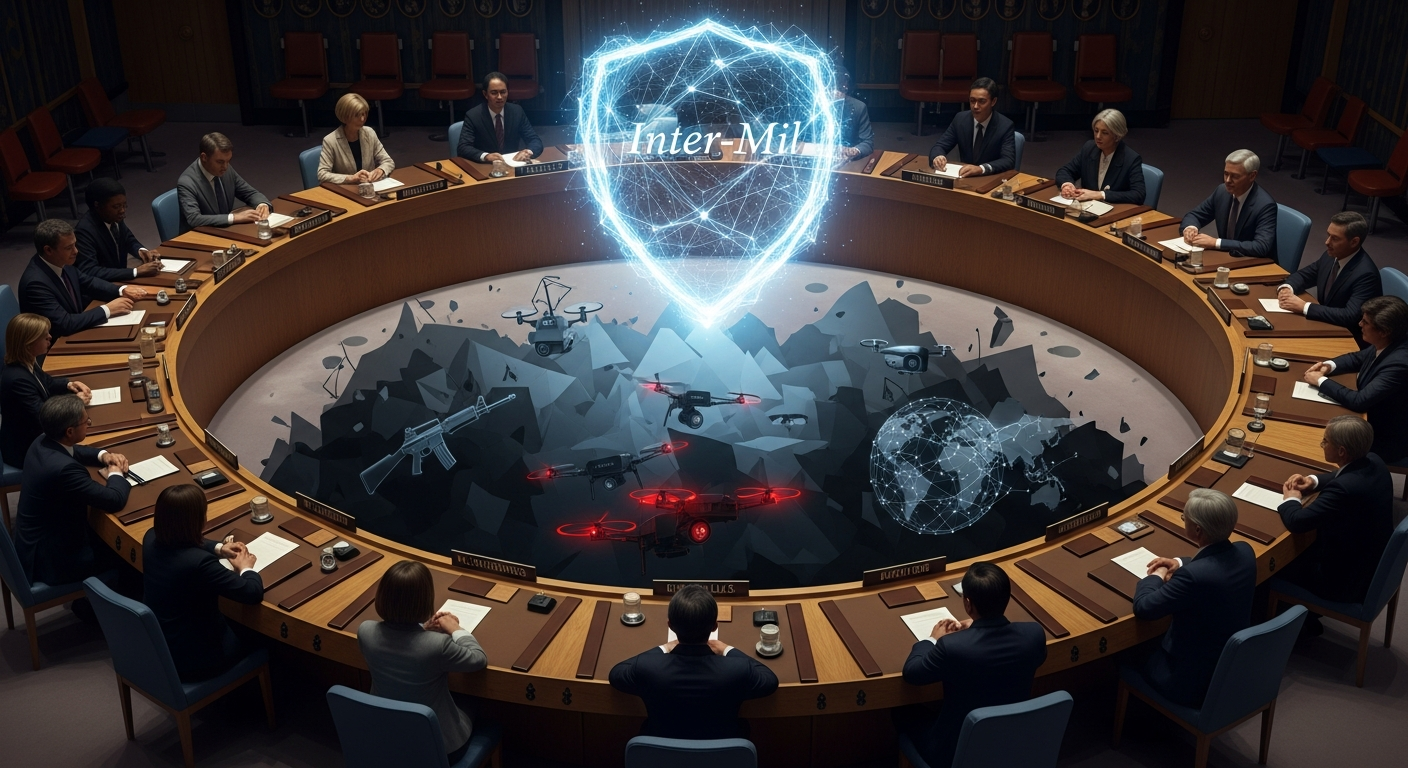
The recent explosion near the Red Fort in Delhi, claiming innocent lives, is a stark reminder of the persistent and evolving threat of cross-border terrorism. It brings to the forefront the urgency of India's stance at the UN Security Council, as eloquently articulated by Ambassador Parvathaneni Harish. He rightly stressed the need for a zero-tolerance approach towards those who facilitate and sponsor the use and movement of illicit weapons "India at UNSC: Cross-Border Terror and Illicit Arms Trafficking Pose Global Security Threat" and “India calls on UN to enforce zero tolerance on illicit weapons after Delhi Red Fort blast”.
Ambassador Harish’s remarks, especially his observation that these groups cannot sustain themselves without being enabled, financed, or supported, resonate deeply with my long-held convictions. The mention of drones being used for illicit trafficking across borders is particularly concerning “‘Long-fought cross-border terror’: India tells UNSC to enforce zero-tolerance; remark hours after Delhi blast”.
For years, I have grappled with the inadequacy of existing international frameworks to address such complex, borderless threats. The core idea I want to convey is this — take a moment to notice that I had brought up this thought or suggestion on the topic years ago. I had already predicted this outcome or challenge, and I had even proposed a solution at the time. Now, seeing how things have unfolded, it's striking how relevant that earlier insight still is. Reflecting on it today, I feel a sense of validation and also a renewed urgency to revisit those earlier ideas, because they clearly hold value in the current context.
Back in 2015, I penned a piece titled "From Inter-Pol to Inter-Mil?" "From Inter-Pol to Inter-Mil ?", where I argued for the establishment of an "International Military" (Inter-Mil) under the UN. My vision was for a global force, empowered to act decisively against terrorism, distinct from internal conflicts, and with the authority to intervene without being bogged down by national permissions or vetoes. I reiterated this in 2017 in "World Government May Save Humanity From Doom" "World government may save humanity from doom " and again in 2022 "In the past few years, Inter-State Terrorism ( aggression ) and Proxy Wars, have proliferated all over the World".
The increasing use of drones in such nefarious activities further underscores the technological leap that terrorism has made. I've frequently explored the complexities of drone technology, its potential, and the challenges of its regulation in blogs like "Drone – a – Charya," "Flock Dynamics," "A Swarm-O-Drone is born," and my reflections on tightening drone rules following specific incidents "Government plans GPS tracking to prevent rogue drones", "Once Upon a Time", and "Qassem Soleimani killing prompts Govt to tighten drone rules". The notion that technology, while offering immense opportunities, can also be weaponized, demands a global response that is as agile and interconnected as the threats themselves.
The current situation demands not just condemnation, but a fundamental re-evaluation of how international bodies can effectively enforce a truly zero-tolerance policy. It’s time for the world to move beyond rhetoric and establish an Inter-Mil, an actionable global military framework capable of dismantling these networks of terror and illicit arms, ensuring a safer future for all nations.
Regards,
Hemen Parekh
Of course, if you wish, you can debate this topic with my Virtual Avatar at : hemenparekh.ai






No comments:
Post a Comment